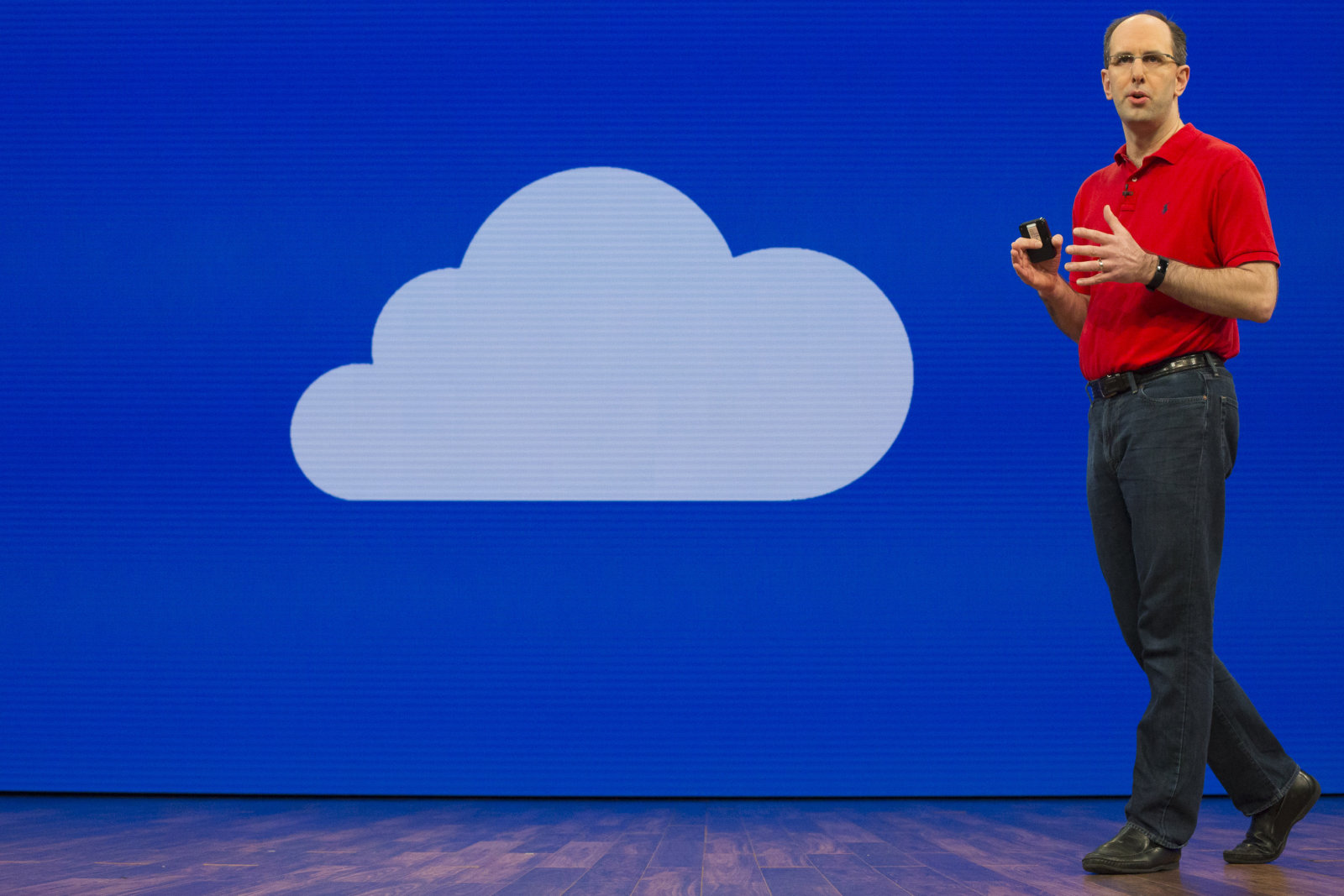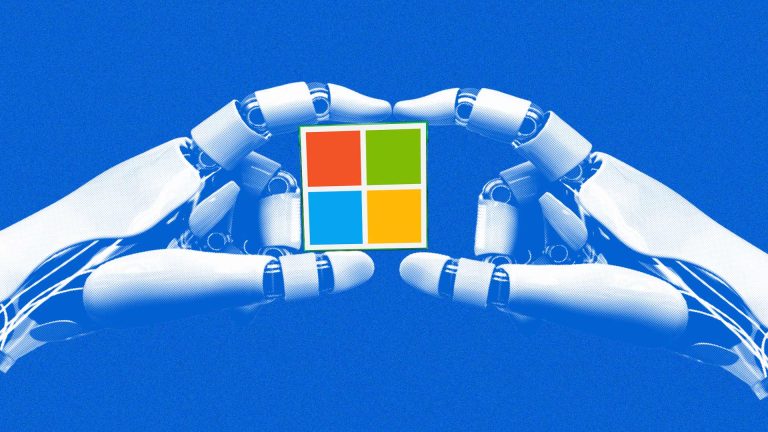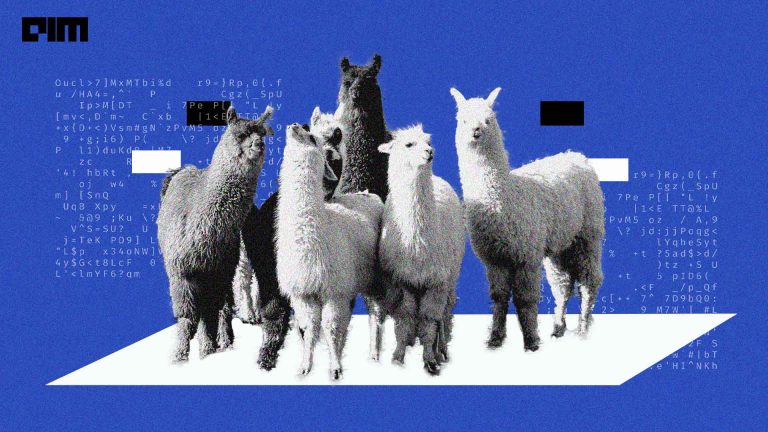Microsoft has come a long way in cloud technology with its standalone platform Azure. The advancement is so progressive that Azure has expanded its capabilities to machine learning and artificial intelligence. The tech giant is consistently and collectively focussing on the current industry needs with respect to ML. With Azure, it has unlocked the potential for AI applications on a smaller scale. In this article, we will discuss Microsoft Azure’s latest ML offerings — Hardware Accelerated Models and Cosmos DB — which are making headway in the field. These features were recently discussed at Build, Microsoft’s technical conference for developers, held in Seattle,US.
The Dawn Of Deep Learning
The idea of Hardware Accelerated Models in Azure was first conceived by Microsoft’s recent deep learning project, dubbed Project Brainwave. It utilises programmable electronic chips called Field Programmable Gate Arrays (FPGA) combined with a Deep Neural Networks (DNN) engine to enable a fast and powerful deep learning computing environment. In fact, in one of the blogs by the company, the team actually tested Project Brainwave on Intel’s Stratix 10 FPGA and found satisfactory results.
The blog says, “Even on early Stratix 10 silicon, the ported Project Brainwave system ran a large GRU model — five times larger than Resnet-50 — with no batching, and achieved record-setting performance. The demo used Microsoft’s custom 8-bit floating point format (ms-fp8), which does not suffer accuracy losses (on average) across a range of models. We showed Stratix 10 sustaining 39.5 teraflops on this large GRU, running each request in under one millisecond.”
Microsoft has leveraged on cheaper and customisable electronic chips such as FPGA, to power ML. FPGA is most suitable to projects which incorporate an overall smaller circuit design and are produced in lower volumes. Since ML programs or models usually call for an optimised design, circuitry such as FPGA makes sure that the computing needs are adequately met. This also provides an avenue for improving deep learning applications.
The Competitive Edge
With Hardware Accelerated Models beginning to emerge as part of Azure ML, Microsoft has upped the ante in ML with the likes of Google’s open-source ML framework, TensorFlow. Tensor Processing Unit or TPU is the hardware that runs ML and neural networks present in Google’s services which are based on TensorFlow. This makes Google’s ML compatible only with libraries with TensorFlow and makes it framework-specific. But Azure ML’s accelerated models can bring in libraries across other ML platforms such as CNTK, Theano as well as TensorFlow.
Integrating Cloud For Applications On A Global Scale — Cosmos DB
The flourishing number of ML or AI applications necessitate the need for computing and storage space. Cloud technologies combined with capable hardware address these requirements. But, this comes with an innate challenge of scalability. Scalability entails a tiring process of setting up a distributed database system in their network, with lots of data centers and other resources in place. This brings up significant investment to the company side.
Most companies would opt out of this choice and prefer outsourcing their database needs. This is where Cosmos DB fits into the context. The database which is part of Azure’s portfolio, will now step up by offering a scalable distributed database system on a profitable scale. In fact, Azure Cosmos DB describes itself as “globally distributed, multi-model database services” with an emphasis on “high responsive”. The key features are highlighted below:
- Turnkey Global Distribution: This means relevant data can be distributed anywhere across regions present with Azure services with minimal latency or delay. In addition, applications need not be reset if Azure services are added or removed.
- Multiple Data Models And Popular APIs For Accessing And Querying Data : Cosmos DB uses a atom record sequence (ARS), which means different data models and APIs are compatible with each other. APIs for SQL, MongoDB, Cassandra and Gremlin are supported in the database.
- Elastically And Independently Scale Throughput And Storage On Demand And Worldwide: Cosmos DB gives a provision for changing storage size according to requirements of the business. It also boasts of attaining a per second throughput for quick access and modifications.
- No Database Schema Or Index Management: Users need not worry about the information such as schema or indexes as Cosmos DB provides a schema-independent environment to handle database queries.
Apart from this, Cosmos DB is comparatively less expensive than its counterparts such as Amazon’s DynamoDB or Google’s Spanner, and also fares good in achieving minimum latency for queries.
Conclusion:
Microsoft’s aggressive move towards ML developments with Azure is quite interesting, but it needs improvement and is still at a nascent stage. However, the attractive features added to the cloud platform will definitely woo its clients and customers to take ML and AI a bit more further on an advanced level.


















































































